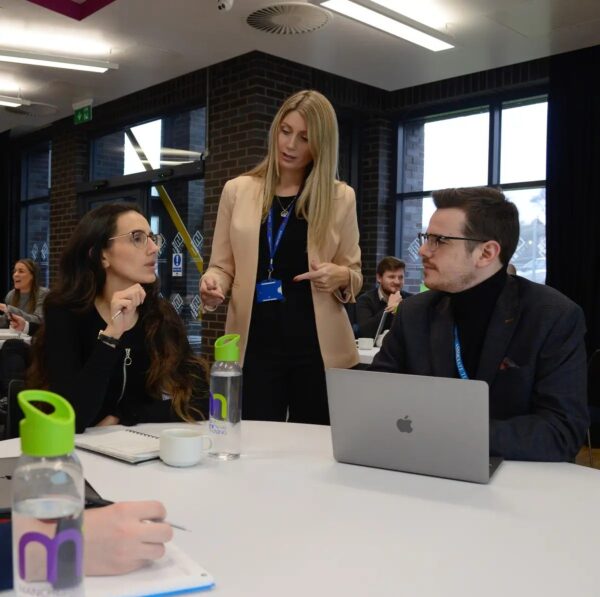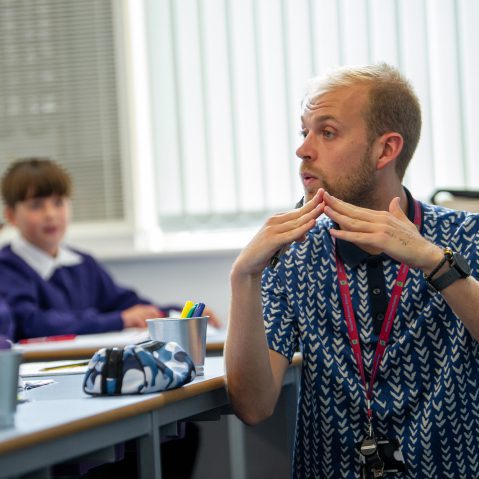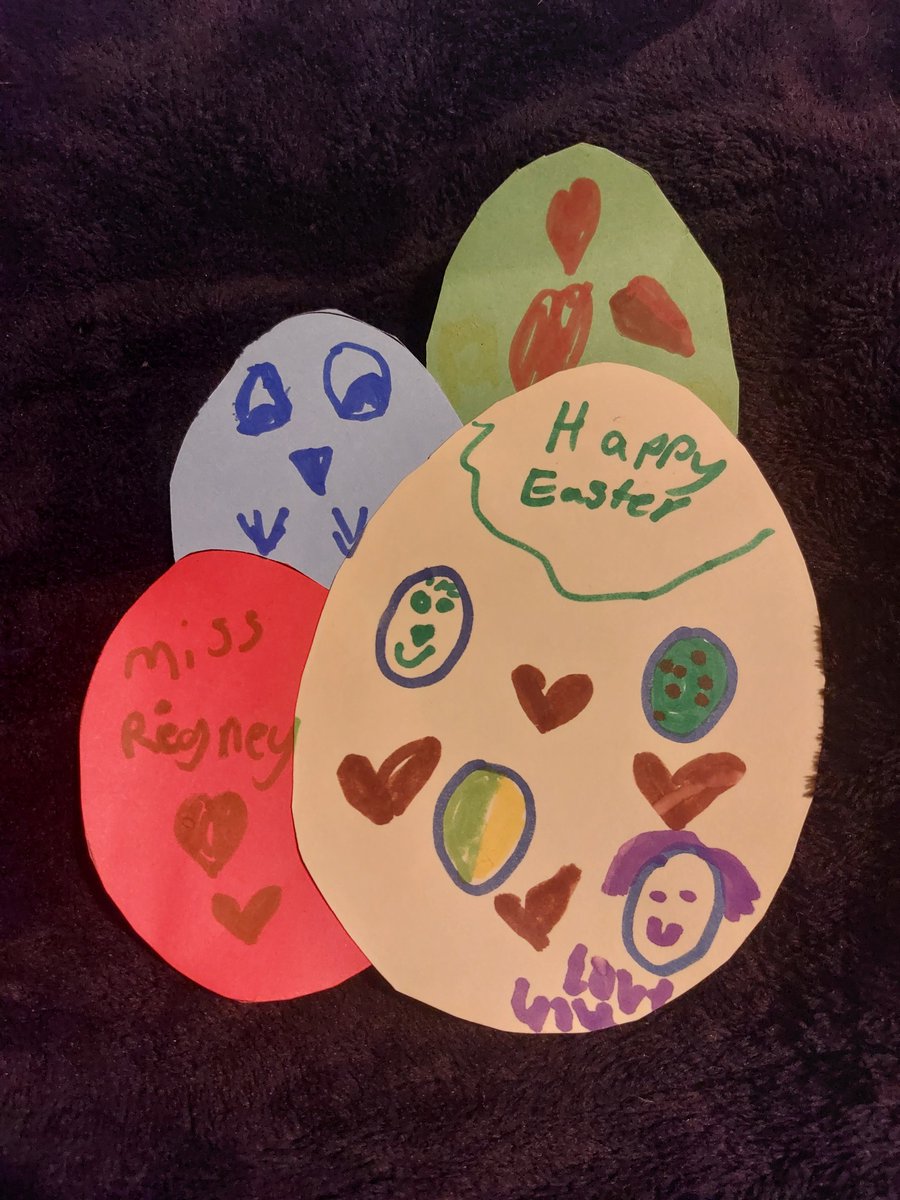A career in primary teaching is incredibly rewarding; you get to work with children when they are at their most inquisitive and open minded. We prepare our trainee teachers to rise to the challenge of ensuring every child has the best possible start in life, regardless of their circumstances and backgrounds. Alongside the sheer joy of being in a busy classroom, you will become a highly-skilled professional with the ability to change lives.
Find out more about our primary programme
Created for educators, by educators
As a teacher you have the opportunity to change a child’s life forever. Our mission is to train teachers who will inspire, challenge and support.
We prepare trainees to encourage, motivate, and inspire EVERY young person to be the best they can be.
Primary and Secondary teaching is incredibly rewarding: you will inspire pupils to love your subject and share your experiences continuing their journey as lifelong learners and shaping their futures. We provide a collaborative learning atmosphere where shared knowledge and understanding create an environment that supports teacher training and development at every stage.
More about us by going to our welcome page.Hear from our trainees and mentors about what makes Manchester Nexus SCITT a great place for supporting individuals throughout their teacher training journey.
transforming classrooms
As a secondary teacher you get to explore your subject every single day. And there’s always something more to learn about it from a young adult’s perspective! The best secondary teachers inspire young adults to love their subjects and to continue to love learning once they leave school. They also provide excellent pastoral care to their students, helping them to build the personal and social skills which will determine how successful and happy they are in later life. The challenge is to make sure every single student has the same opportunities, regardless of their background.
Find out more about our secondary programmeCranmer Education Trust is a diverse community of staff and students, each with their own unique stories, and different jobs, but we are united by a common goal – to advance the best possible education for our children and young people.
In the end, it’s all about the people. We are a driven education provider reimagining tomorrow and investing in our future—a future with wonderful schools run by amazing staff, providing young people with the very best opportunities. Great people build great schools for excellent education, and so we established the Cranmer Institute, which offers school improvement, CPD, and collaboration across our Trust schools, local networks, and beyond
Find out more about Cranmer Institute


Stay informed. Get involved



















